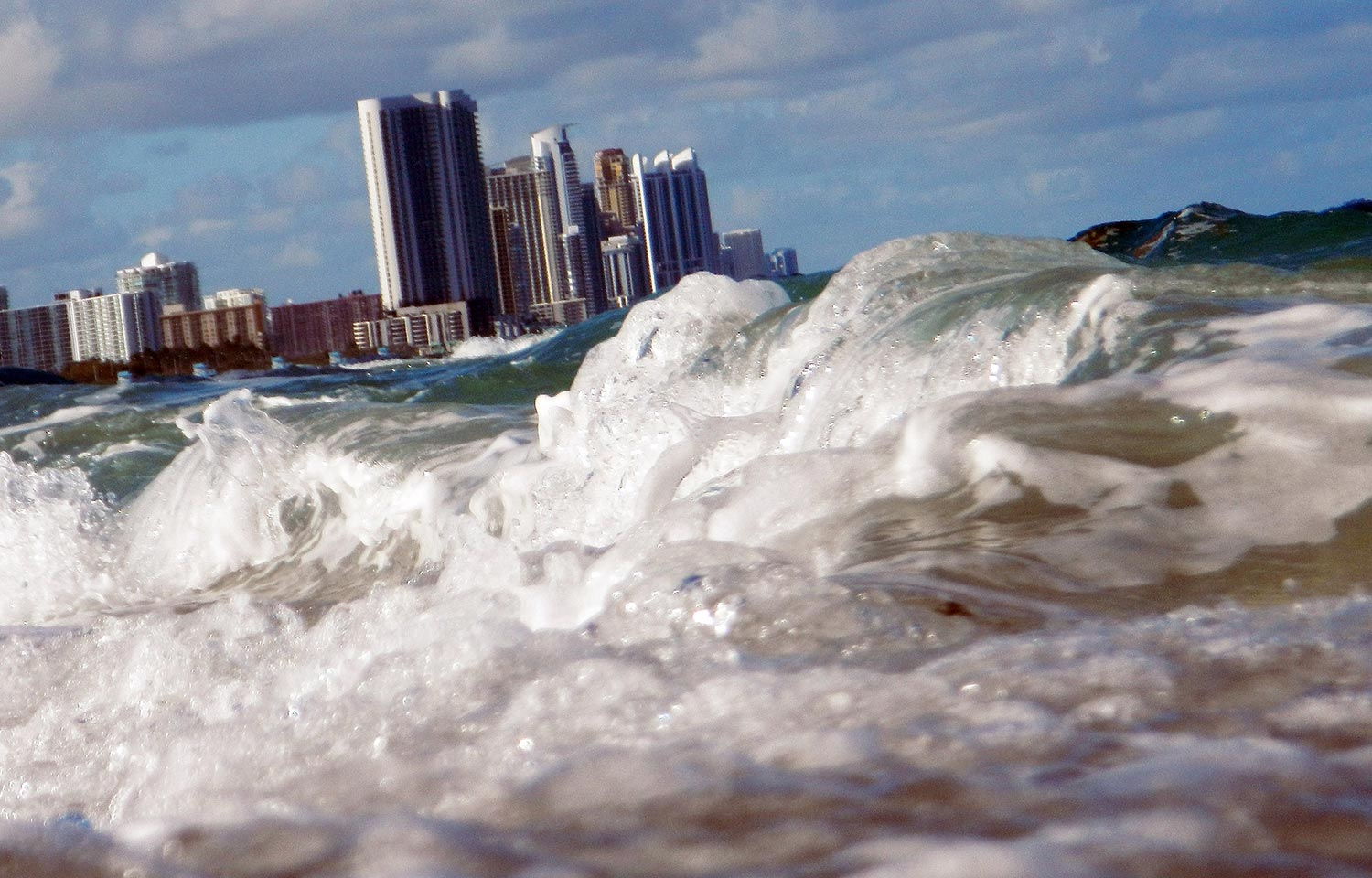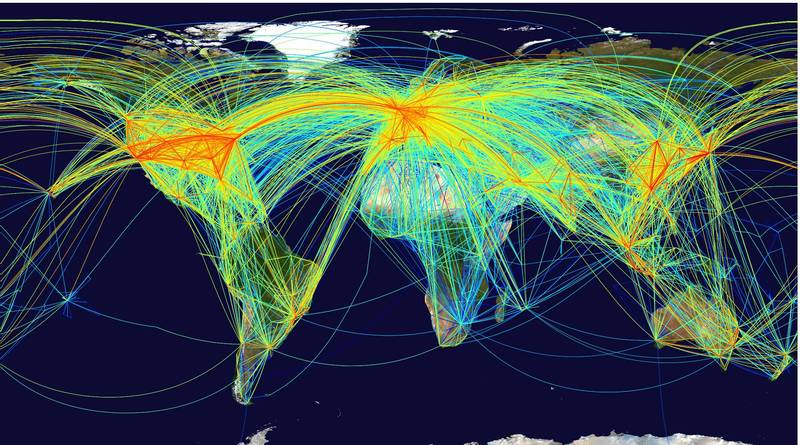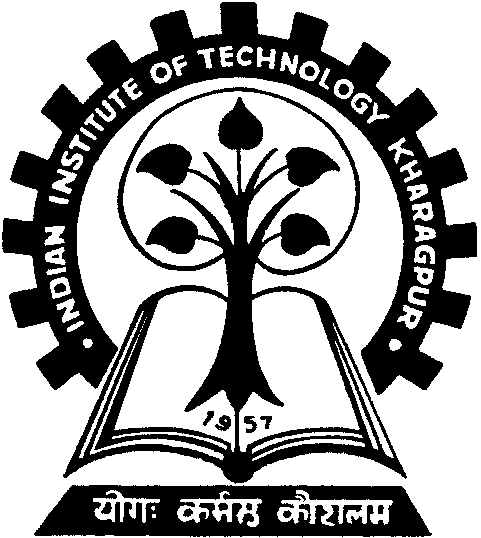The Premise
Improved understanding and predictive modeling of interconnected complex systems, in a way that can inform policy, is becoming crucial in our highly interconnected world, where extremes appear to be intensifying and the pace of change appears unprecedented. We propose the Networked Digital Earth, dedicated to fundamental advances in mathematical, scientific, engineering and computational tools to enhance predictive understanding of unprecedented and extreme dynamics of natural, engineered, and social systems. The workshop will be focused on developing and connecting three disciplines: Network Science and Engineering, Hybrid Physics-Data- Behavioral Sciences for Extremes and Decision Sciences for Rare Events on Networks. Specifically, we hope to focus on interconnected systems subject to cascading failures and other rare, adverse events with disproportional impacts, and the best use of Big Data and physical principles. We will start with four apparently distinct yet thematically-linked research questions:
- Adaptation of urban lifelines to climate related hazards
- Anthropogenic footprints on terrestrial and coastal ecology
- Network epidemic outbreak and spreading dynamics
- Resilience of cyber-physical systems to adverse perturbations.
These areas represent complex systems where network science, Big Data, and understanding of fundamental processes have been integrated to make a difference, yet more remains to be done.







